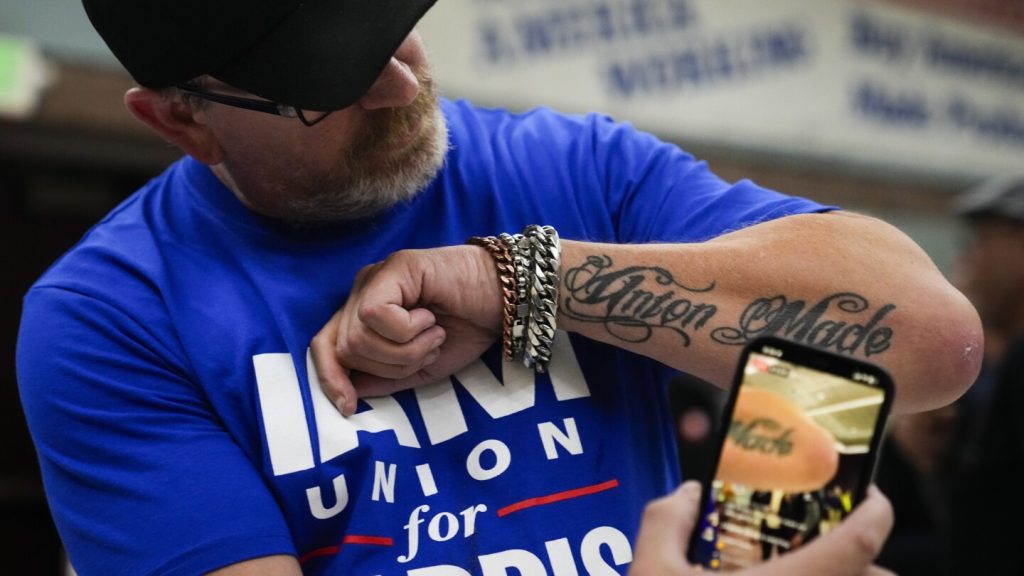The recent strike by aircraft assembly workers at Boeing factories near Seattle and elsewhere has ended after a seven-week standoff. The workers, who are members of the International Association of Machinists and Aerospace Workers district in Seattle, voted to approve the company’s fourth formal offer, marking the third proposal put to a vote by the union. This strike is part of a larger trend in organized labor, with unions taking more actions in recent years. The Cornell University School of Industrial and Labor Relations reported that there were 470 work stoppages last year, involving approximately 539,000 workers and resulting in over 24 million strike days.
Various unions, including the UAW, Teamsters, and the International Association of Machinists and Aerospace Workers, have been pushing for better conditions for their members amidst the consistent profits being posted by their companies. Workers have been demanding higher pay and better benefits, reflecting a shift in power dynamics between labor and management. For example, the UAW recently ratified new contracts with major automakers that included significant pay raises and the absorption of higher costs by the companies. The agreements, which run through 2028, were seen as a victory for the UAW and marked a significant gain for assembly plant workers.
The labor negotiations between UPS and the Teamsters union also highlighted the growing demands of workers for fair wages and improved working conditions. After contentious talks, UPS workers approved a contract that included wage increases and other benefits for both full-time and part-time employees. The agreement addressed issues such as forced overtime, pay increases, and improvements in safety measures. This victory for the Teamsters union demonstrates the increasing strength of workers in challenging corporations for their share of profits.
In the entertainment industry, the Screen Actors Guild-American Federation of Television and Radio Artists achieved a significant victory in their negotiations with video game companies. After a month-long strike, performers secured wage improvements, protections against exploitative use of artificial intelligence, and safety precautions for physical and vocal performances. This success showcases the importance of unions in protecting workers in different sectors, including those in the creative industries.
Hospitality union workers in Las Vegas also secured a deal with the Venetian and Palazzo resorts, marking a significant win for over 4,000 workers in various roles. The agreement includes pay increases, workload reductions, and improved job security, reflecting the ongoing efforts of unions to address the changing landscape of work in the hospitality industry. Similarly, health care worker unions reached a tentative agreement with Kaiser Permanente after a strike over wages and staffing levels. The deal includes wage increases and protective terms around subcontracting and outsourcing, demonstrating the importance of unions in advocating for workers’ rights in the healthcare sector.
Overall, the recent strikes and negotiations between unions and corporations across different industries highlight the growing assertiveness of workers in demanding fair treatment and compensation. The victories achieved by unions in various sectors reflect a shift in power dynamics, with workers standing firm on their demands for better pay, benefits, and working conditions. As companies continue to post significant profits, workers are increasingly expecting to share in those gains, leading to a rise in labor actions and work stoppages in recent years. These developments underscore the importance of organized labor in advocating for the rights and well-being of workers in today’s economy.


